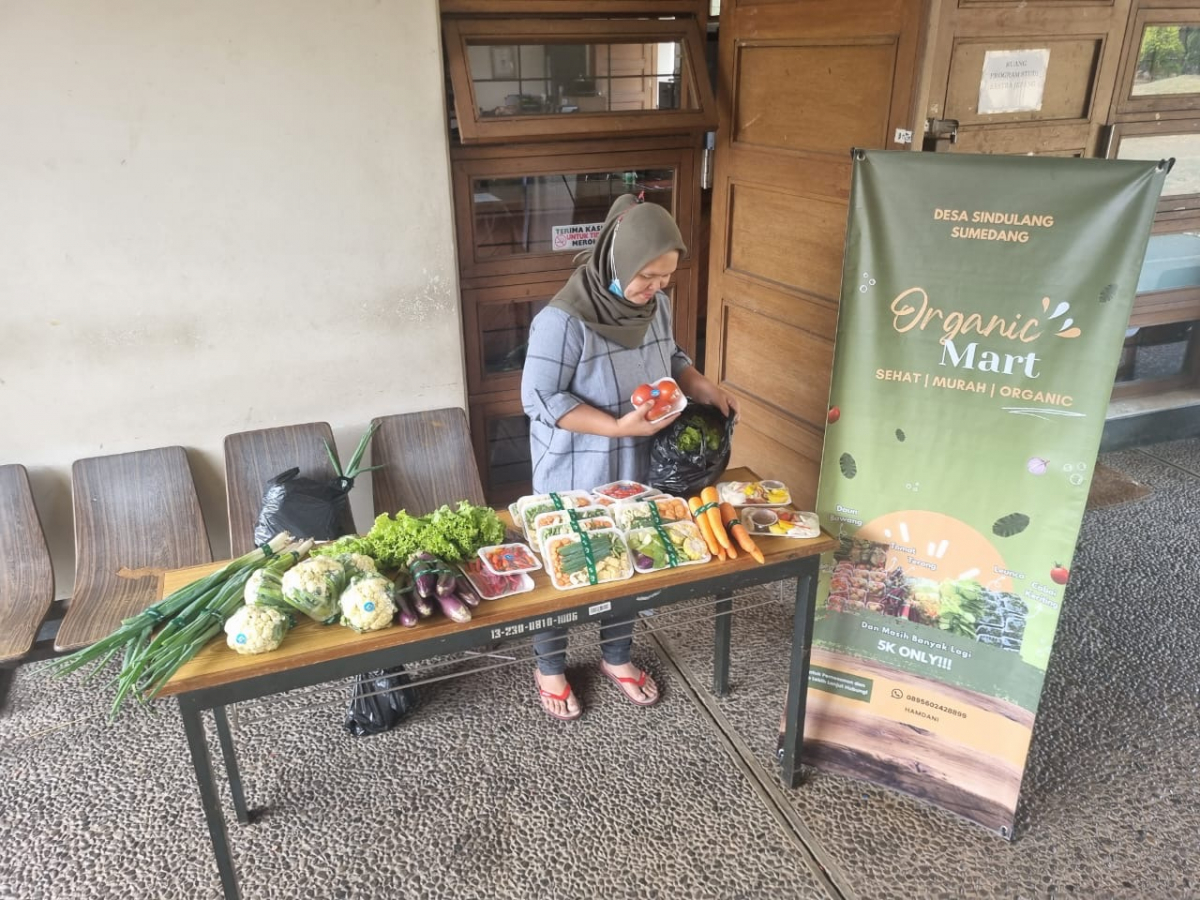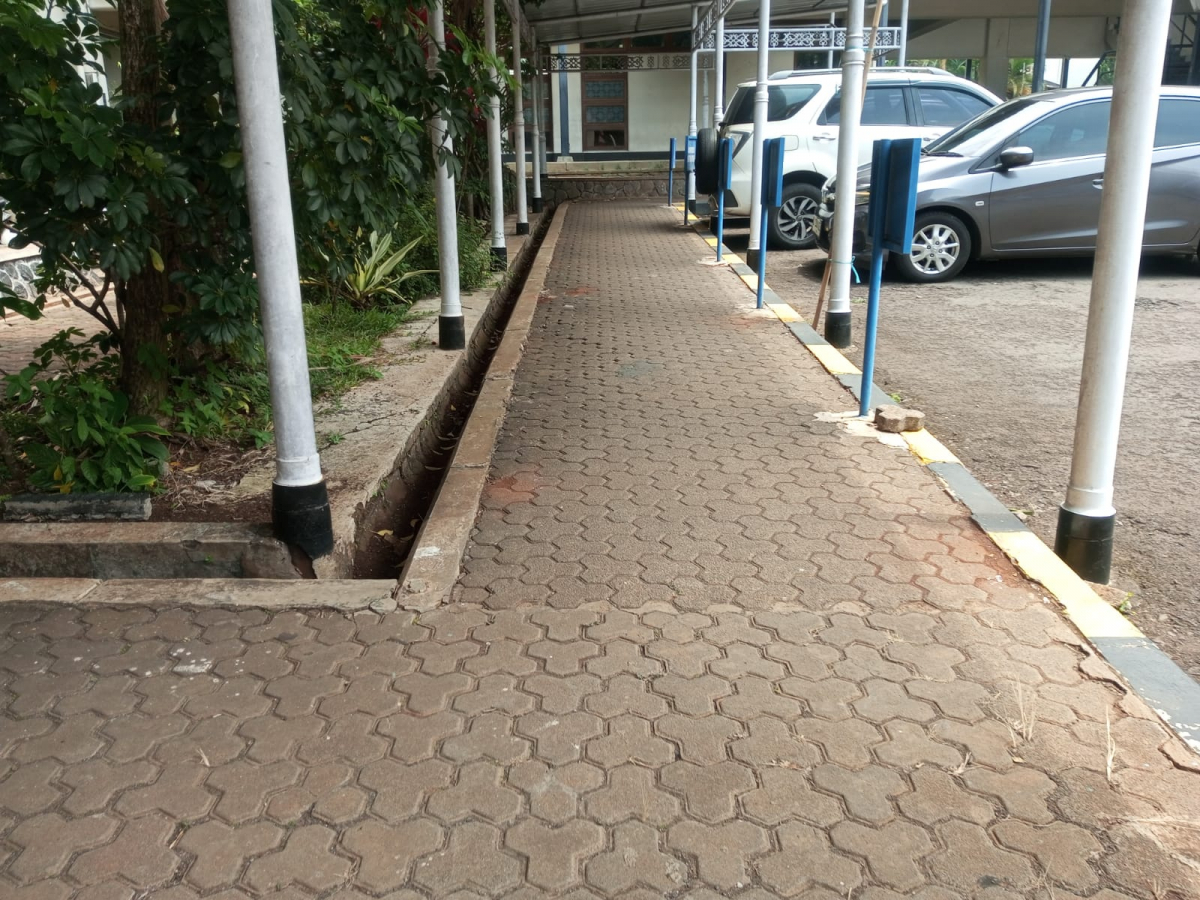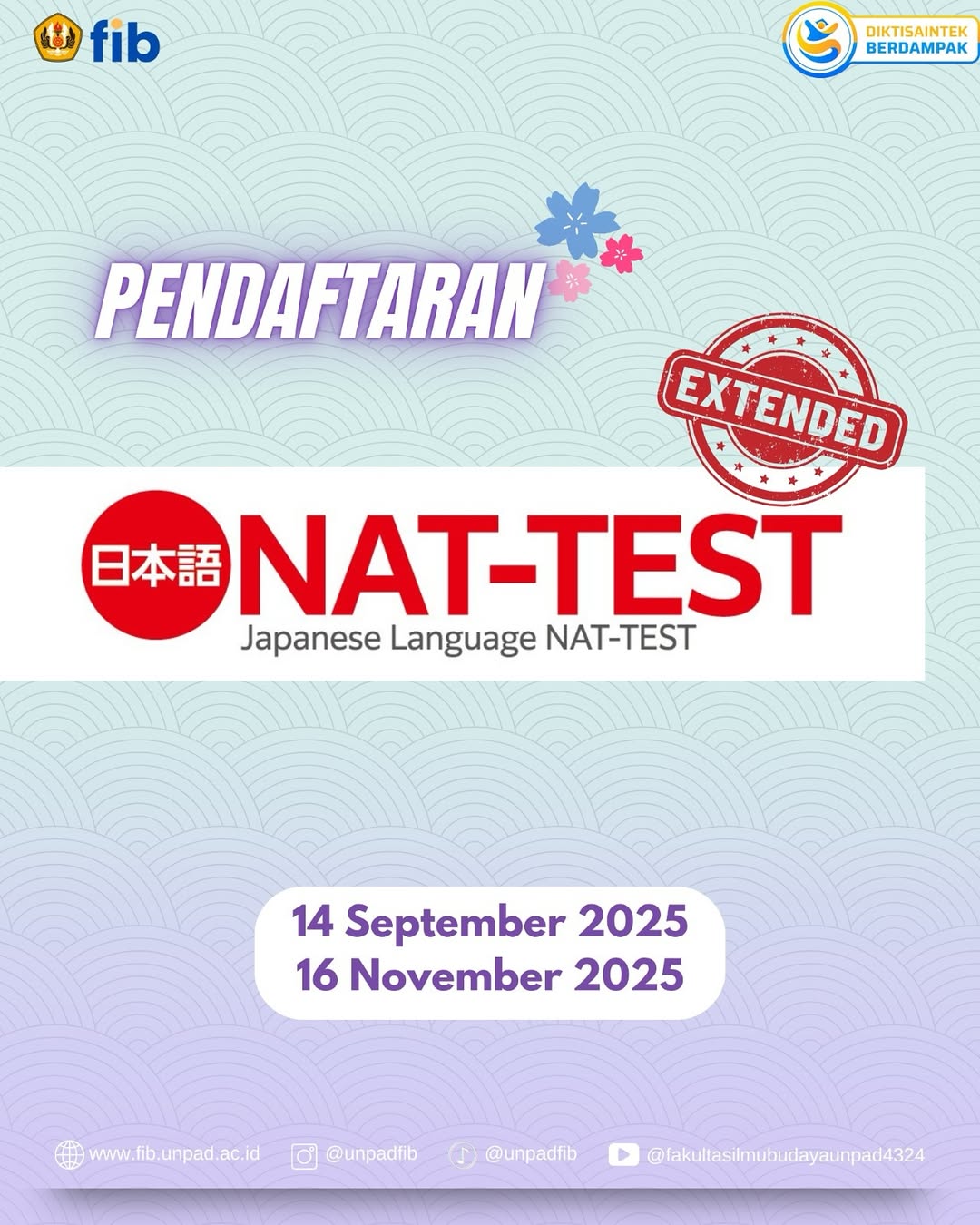Indonesian Study Program
The Indonesian Study Program was the first study program opened at the Faculty of Cultural Sciences Universitas Padjadjaran. The learning foci in this study program are language, literature, and culture, with specific courses related to aspects of language proficiency: grammar skills and oral and written communication.
The Indonesian Study Program has set a vision for 2026 to improve itself. This vision encourages it to become a higher-level study program in providing world-class higher education that has a strong commitment and integrity in producing quality human resources in the fields of Indonesian language and literature, both in local and global contexts, who are highly adaptive to changes.
Curriculum
The curriculum of Unpad’s Indonesian Study Program pertains to Unpad’s Guidelines for the Implementation of Education for the Undergraduate Program. Curriculum review is always carried out periodically to keep up with political, social, economic, and cultural situations in our society in order for the study program to produce graduates with the qualifications expected by stakeholders. Currently, the curriculum requires students to complete their studies on time with the shortest study time of 3.5 years and a maximum study time of 14 semesters or 7 years. The number of credits that must be taken is 146 credits.
The curriculum in the Indonesian Study Program contains graduate competency standards that consist of core competencies, supporting competencies, and other competencies that support the achievement of goals, implementation of the mission, and realization of the vision of the study program.
The general knowledge competencies as learning outcomes in the Indonesian Studies program are:
- Mastery of the theoretical concepts of the Indonesian language and literature.
- Mastery of the basic knowledge in the creative production of Indonesian language and literature.
- Mastery of the basic research method of Indonesian linguistic and literature.
- Mastery of the techniques for applying linguistic and literary concepts to increase understanding of Indonesian identity.
Specific skills targeted through learning outcomes are the following:
- Identifying, classifying, and systematizing Indonesian linguistic and literary problems in the society;
- Formulating various alternative solutions to problems in the field of Indonesian language and literature as a basis for understanding humanitarian issues;
- Communicating using media of Indonesian language and literature;
- Conducting research using theoretical concepts and research methods of language and literature;
- Analyzing Indonesian linguistic and literary problems using various language and literary analysis techniques;
- Producing creative work in the field of Indonesian language and literature.
Students of the Indonesian Study Program generally have good academic abilities, considering that students who are accepted into this study program are the result of a tight selection for national-level student admissions. This is evidenced by 70% of students graduating on time with an average GPA of 3.2.
Not only do out lecturers teach but they are also encouraged to do research and serve the community. Lecturers and students are involved together in research and community service processes.
The Indonesian Study Program’s lecturers have published dozens of books and articles in various national and international journals, newspapers, and national and international proceedings. They are also often invited to speak at various national and regional academic events.
In addition, the lecturers are also involved in teaching Indonesian to foreign speakers (BIPA). Every year, foreign students come to Unpad to study the Indonesian language. Likewise, our lecturers are sent to various other countries to teach the Indonesian language.
With the increasing demand for the Indonesian language throughout the world, and the Indonesian language becoming a second or preferred language at several world universities, opportunities to spread the Indonesian language and culture throughout the world are open wide. This BIPA program also opens up career opportunities for our graduates.
Graduate career prospect
A number of our graduates work in the field of education as teachers and lecturers. Currently, our alumni also teach the Indonesian language as a medium of diplomacy at various universities in the world. Many of them work in the media as reporters, news writers, content writers, and editors. The relationship among alumni of the Indonesian Studies program is well-maintained through regular alumni gatherings.
Collaborations
Currently, the Indonesian Studies program has been maintaining a collaboration with Shanghai International Studies University (SISU) for 15 years. Every year, lecturers of Unpad’s Indonesian Studies program are sent as guest lecturers at SISU. On the other hand, students from SISU were sent to Unpad to study for one year. Previously, a similar form of collaboration was carried out with Young San University in South Korea.*




